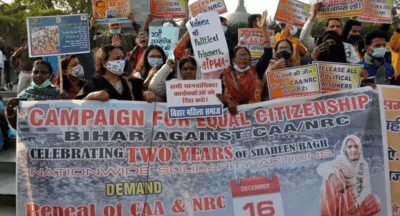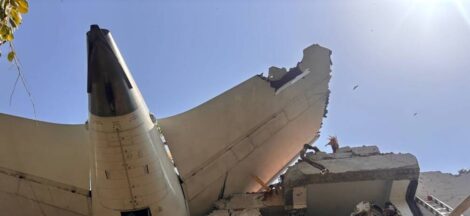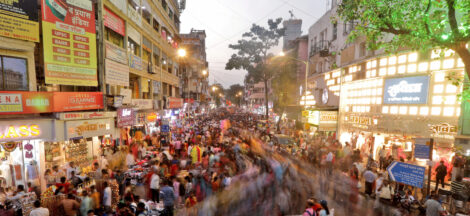Delhi’s Rouse Avenue Court has extended the judicial custody of Chief Minister Arvind Kejriwal in connection with the ongoing excise policy investigation until August 8. The Central Bureau of Investigation (CBI) has charged Kejriwal with conspiracy, alleging his involvement in irregularities related to the excise policy that has been under scrutiny since March 2021.
The CBI’s charges allege that Rs 44.45 crore was transferred through ‘hawala channels’ to Goa between June 2021 and January 2022. This amount is purportedly linked to the Aam Aadmi Party’s (AAP) election campaign. The funds are part of an alleged Rs 100 crore in kickbacks that AAP is accused of receiving, as detailed in an earlier chargesheet.
The case has attracted significant attention due to its implications for Delhi’s political landscape and the broader ramifications for AAP’s electoral strategy. The CBI’s investigation into the excise policy has raised questions about the financial management and political practices of Kejriwal and his party. The charges against Kejriwal involve serious allegations of financial misconduct and political corruption, heightening the scrutiny on both him and AAP.
Kejriwal has consistently denied any wrongdoing, labeling the charges as politically motivated. His legal team has argued against the extension of his custody, asserting that the ongoing detention is unnecessary and unjustified. The court’s decision to prolong the custody reflects the seriousness with which the judiciary is treating the allegations.
The CBI’s investigation centers on the claim that the alleged funds were intended to influence electoral outcomes, an accusation that could have far-reaching consequences for political campaigns and party funding regulations. The alleged use of ‘hawala channels’ for transferring substantial sums of money adds another layer of complexity to the case, pointing to possible broader financial networks and illicit transactions.
This development is part of a larger investigation into excise policy anomalies that began in early 2021. The CBI has been probing various facets of the policy’s implementation and its financial implications. The agency’s scrutiny includes examining transactions, political connections, and the overall management of the excise policy.
The extension of Kejriwal’s custody also raises questions about the impact on Delhi’s governance and the administration’s ability to function amid the legal proceedings. As the case unfolds, it is likely to influence both public perception and political dynamics in Delhi, shaping the discourse around governance and accountability.
With the court extending Kejriwal’s judicial custody, the focus remains on how the ongoing investigation will proceed and its potential impact on Delhi’s political arena and beyond. The case continues to develop as the CBI and legal authorities delve deeper into the alleged irregularities and financial transactions.




 Will Kamala Harris Consider Bernie Sanders As Her Running Mate For Prez Polls?
Will Kamala Harris Consider Bernie Sanders As Her Running Mate For Prez Polls? 